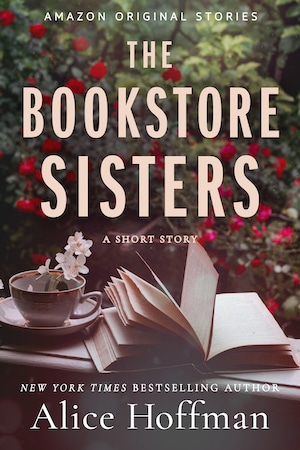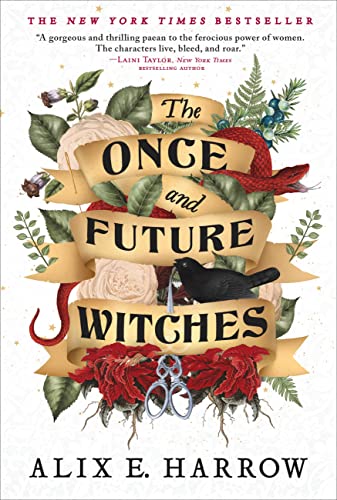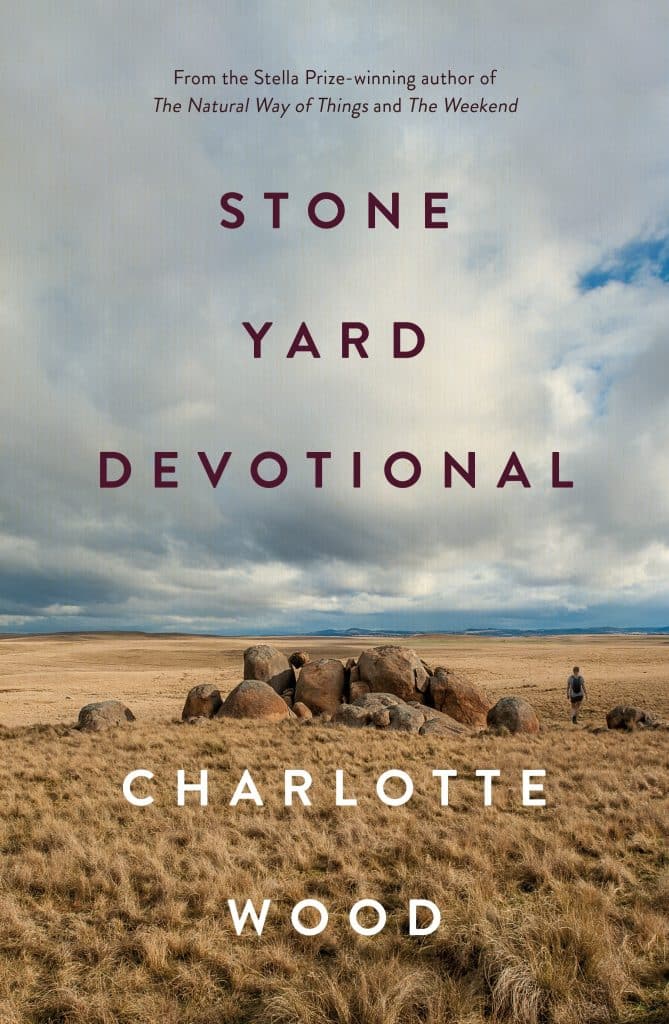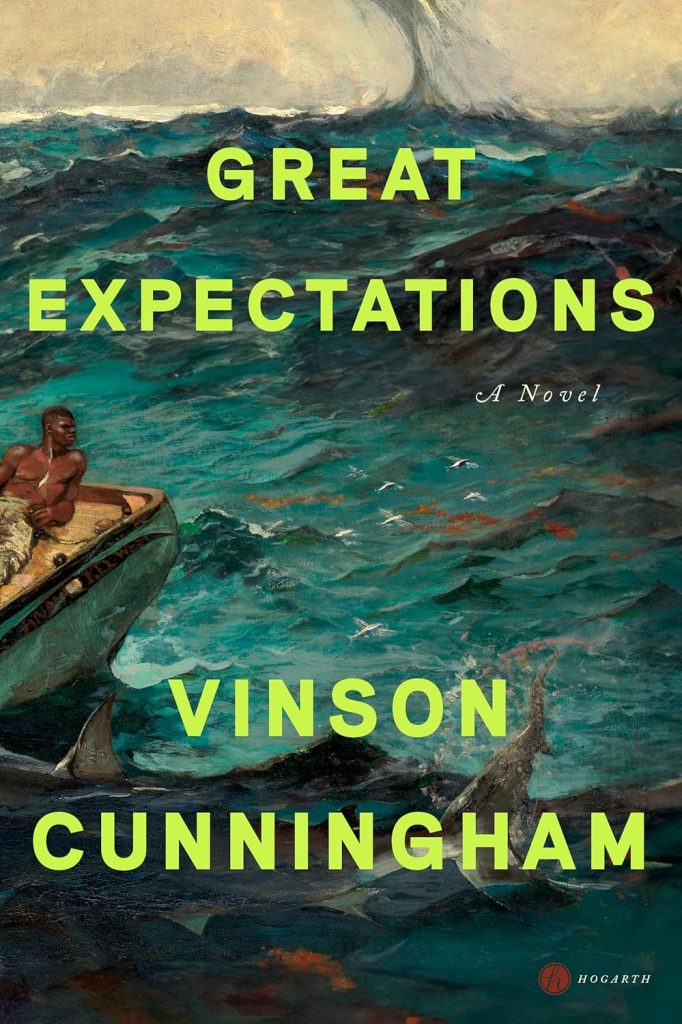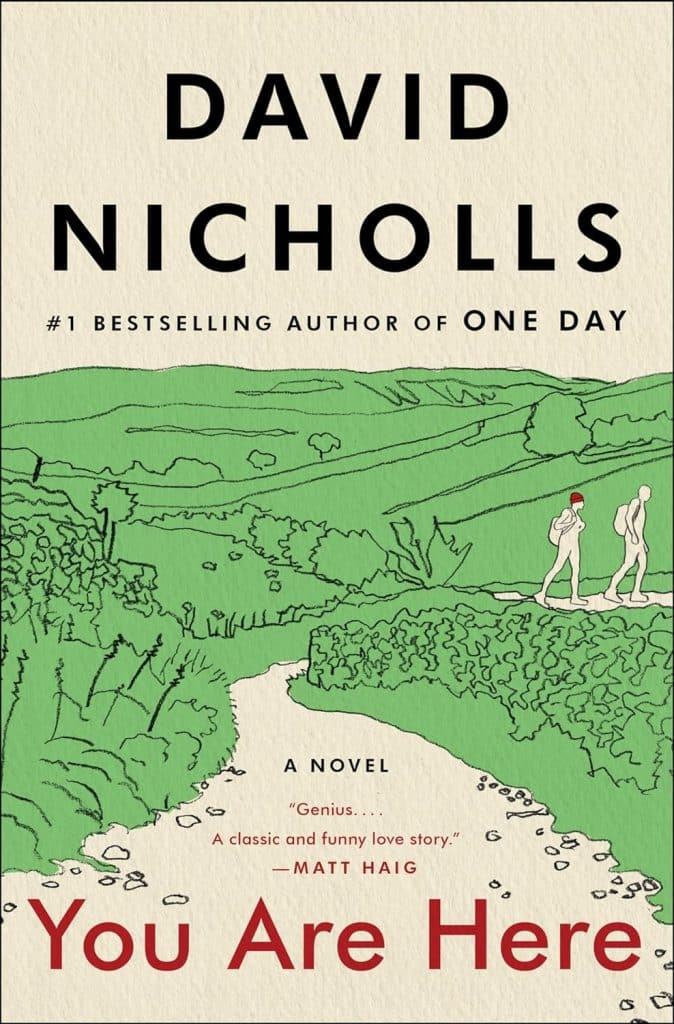
I See a Ghost!
Estimated reading time: 14 minutes, 44 secondsSaved by Love,
Rising Like a Phoenix!
“I see a Ghost!” The voice echoed inside my brain as I exited the Grand Street subway station in East Williamsburg. I recognized the voice but could not see a ghost, perhaps because I did not believe in them. I looked to my left and saw Sonny, one of my housemates and a former college basketball player, leaning out of the blue van that belonged to St. John’s Church. “Richard, is that you? Are you alive? We have been worried that you had died in the fire.” I had been up since 6 am; it was now after midnight, so I nodded affirmatively as my brain tried to understand what Sonny had just said.
“The house burned down, and when we could not find you, the FDNY listed you as missing, presumed dead,” said Sonny.
Before responding, the driver, whom I recognized as Marty, said, “Hop in; we are trying to remove what is salvageable.”
As I stepped into the van, I pinched my abdomen to confirm I was alive.
Sitting on the middle bench, I was overwhelmed with questions about where I had been.
“I got up early as I usually do. I walked to Central Park. I saw Much Ado About Nothing at the Delacorte Theatre. How is everyone else?”
“You walked to Central Park,” a voice I could not identify queried me.
“Everyone else is OK. Your room was right above where the fire started,” said Marty.
St. John’s is letting us sleep in the Church basement until we can find new places to live,” said Sonny.
When we pulled in front of 242 Ten Eyck Street, my nostrils filled with the acrid smoke still rising from the fire.
Stepping out of the van, I wondered if I could find anything to recover from my second-floor bedroom. Maybe like Much Ado About Nothing, I was about to confront the truth that all I had was what I was wearing.
After almost 48 years, I recently lost my wife, Jan Lilien. Like The Little Prince, Jan and I believed that “The most beautiful things in the world cannot be seen or touched, they are felt with the heart.” This blog is a collection of my random thoughts on love, grief, life, and all things considered.


